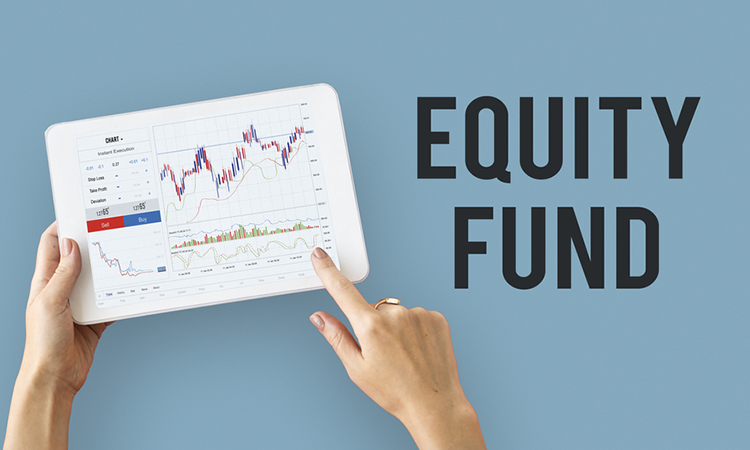
Equity Funds
Equity funds generate higher returns through investing in company stocks across varied market capitalization. Though these funds are risky, their popularity comes from their ability to ensure capital gains. But that’s just a simple definition of what are equities. There is a lot more you need to know before you get into equity investment.
So, as the first step of understanding how to invest in share market, here’s presenting a detailed classification of equity funds.
Depending On Themes And Sector
Equity funds focus on a specific theme or sector that comes under this particular category. Thematic funds have a particular subject like international stocks or emergent consumer companies. Sectoral funds focus on investing in a particular industry like technology, pharma, or FMCG.
As thematic funds and sectoral funds are fixated on a specific theme or sector, they are usually riskier. It’s because their performance is sectorial that makes the market risks too high. The thematic and industry funds might be differentiated with respect to market capitalization.
There are also focused equity funds that invest in thirty stocks of companies at the maximum. These companies have a definite market capitalization that’s specified when the scheme is launched.
Depending On Market Capitalization
Some of the schemes are based on investing in companies with particular market capitalization only. Given below are the five common types:
Large-Cap Funds:
The large-cap businesses are well-reputed and established. Thus, these funds are able to offer consistent returns.
Mid And Small-Cap Funds:
This type of equity fund is about investing in both small and medium-sized companies and contains the ability to provide good returns.
Mid-Cap Funds:
The mid-cap funds tend to focus on medium-sized enterprises. The large-cap equity schemes are more stable than mid-cap funds.
Small-Cap Funds:
The small-cap equity funds are about investing in the stocks of small companies. Investors need to know beforehand that the small-cap equity funds have a greater probability of coming under market risks and volatility.
Multi-Cap Funds:
The multi-cap schemes are focused on investing in varied stocks across different market capitalizations. The decision to invest in a specific capitalization rests on the fund manager and his analysis of the market volatility.
Depending On The Investment Style
Equity funds can be further categorized into active and passive funds, and here’s how you can differentiate between these two:
Active Funds:
These funds are actively handled by a fund manager who selects the stocks that the investors put their money in. As such, all the funds mentioned above are active funds.
Passive Funds:
These funds are different in the sense that they track a market segment or index that determines the stock list for the scheme to invest in. In such funds, the fund manager does not play an active role in choosing the stocks.
Endnote
Having a clear idea about different types of equity funds puts you in a better position in terms of making sound investment decisions. So, start considering the suitability of the types of funds mentioned above as per your financial situation before coming to a decision.





More Stories
Integrating Digital Learning in Bangalore’s Academic Environments
Why Smart Data Management Makes Business Life Easy?
5starsstocks.com 3d printing stocks: A Complete Analysis 2025